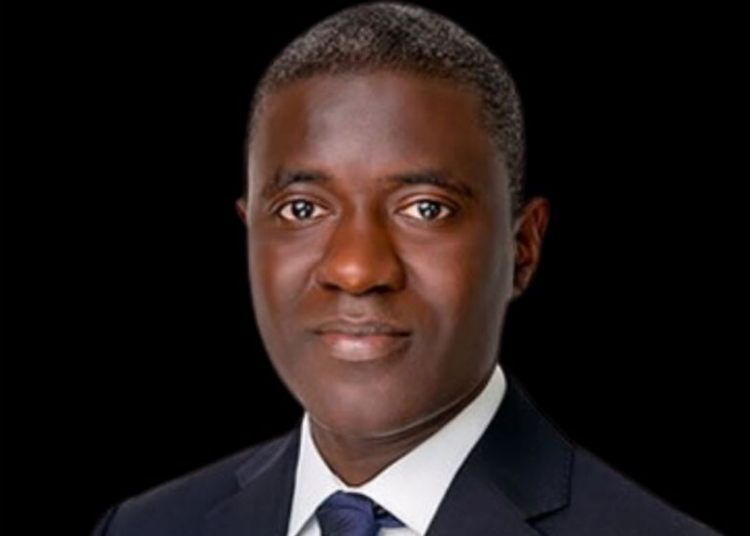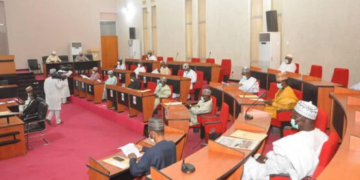A Lagos-based lawyer, Olukoya Ogungbeje, has urged the Federal High Court in Lagos to commit to prison the Chief Executive Officer of Nigerian Communications Commission (NCC), Dr Aminu Maida, for allegedly disobeying a court order, stopping the deactivation of Sim cards, not linked to the National Identification Number (NIN).
Ogungbeje, who made the demand in contempt proceedings he instituted before Justice Ibrahim Kala, also asked the court to jail all the Chief Executive Officers of the telecommunication companies in the country for allegedly refusing to comply with the order.
Others urged to be committed to prison alongside Dr Maida are the Managing Director and Chief Executive Officer of MTN Nigeria; Karl Olutokun Toriola, the Managing Director and Chief Executive Officer of Airtel Nigeria; Karl Cruz, the Chairman and Chief Executive Officer (CEO) Globacom; Micheal Adenuga Jr, the Managing Director and Chief Executive Officer, 9 MOBILE; Juergen Peschel and the Chairman of Association of Licensed Telecommunications Operators of Nigeria, Gbenga Adebayo.
It would be recalled that Justice Ambrose Lewis-Allagoa, on February 22, 2024, restrained Dr Maida, NCC and other telecommunication service providers from proceeding with the proposed deactivation and barring of SIM cards not linked to NIN.
Justice Lewis-Allagoa made the order while delivering judgment in the suit numbered FHC/L/CS/677/22, filed by the lawyer against the alleged contemnors, who did not file any counter or objection to the suit.
However, due to the alleged failure and refusal of all the alleged contemnors to obey the order, Ogungbeje filed both Form 48 (notice of consequences of disobedience to court orders/ruling) and Form 49 (notice to show cause why order of committal should not be made) before Justice Kala.
The lawyer, while moving both Form 48 and Form 49, stated that the motion falls under Section 72 of the Sheriffs and Civil Process Act, Order 35 Rules 1 and 2 (1)(2) of the Federal High Court Civil Procedure Rule 2019, Order IX Rules 13(1)(2) of the (Judgement Enforcement) Rules, Order 26 Rule of the Federal High Court Procedure Rules 2019, and under the inherent jurisdiction of the honorable court preserved by Section 6(6)(A)(B) of the 1999 Constitution of the Federal Republic of Nigeria.





